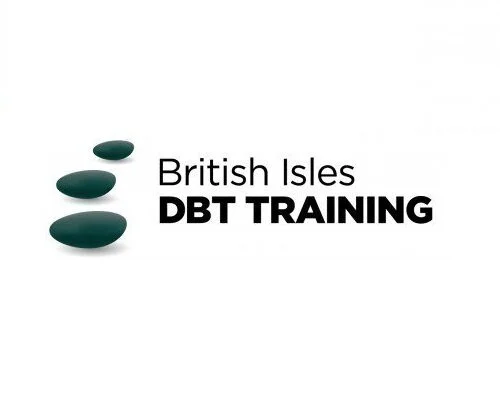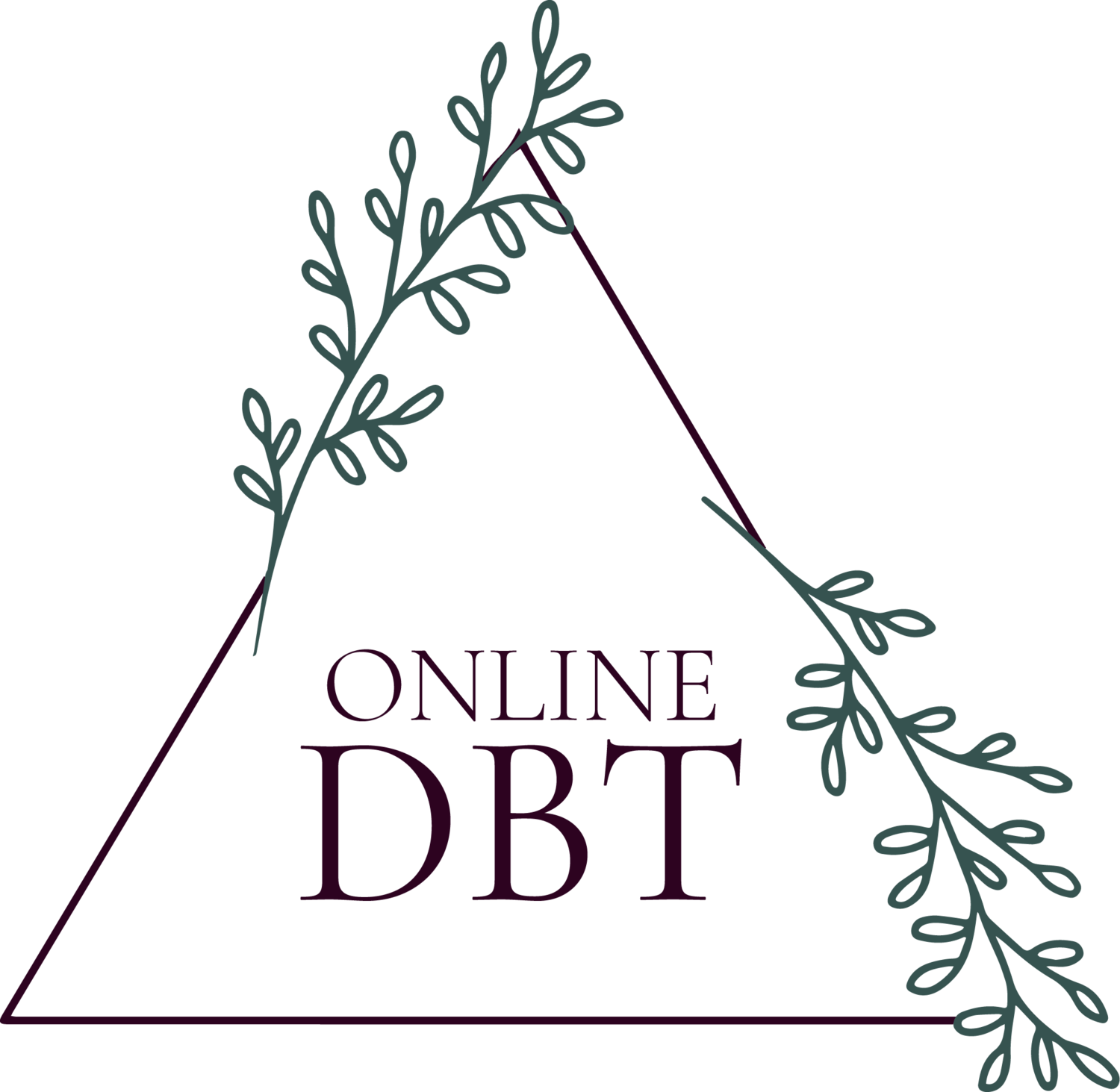
Online DBT
TREATING ADDICTIONS WITH DBT





DBT to treat Addictions
Usually, addictions are linked to mental health conditions. Many people with addictions find themselves in a vicious cycle, unable to deal with what they’re facing.
It is important to recognise that you are still worthy of love and treatment even if you have an addiction.
There are many treatment options available that can aid you in overcoming your addiction for a brighter future.
Admitting you have an addiction is always the starting point. Many addicts are in denial of their habits and the consequent destructive behaviours that often follow.
If you realise that you have an addiction, this is a powerful step in your journey.
Of course, beating an addiction isn’t easy. While addiction statistics are difficult to measure, there is a growing concern surrounding the number of those fighting addictions in the U.K.
Remember, you are not alone in your battle against addiction. Therapy is a hopeful turning point for many and has proven an effective treatment option for many.
How DBT can help people with Addictions
Dialectical Behaviour Therapy (DBT) treats various mental health conditions, including Emotional Unstable Personality Disorder (EUPD).
It is also a highly effective treatment for those who are dealing with substance abuse or addictions.
DBT (Dialectical Behavior Therapy) is a dynamic addiction treatment therapy. In therapy, a person can overcome destructive emotions, negative behaviours and substance abuse.
Instead, treatment providers encourage participants to adopt proactive behaviours that help them to succeed in their recovery
DBT was initially developed to treat patients with EUPD and suicidal thoughts.
Nonetheless, one of the major goals of DBT involves helping patients develop confidence and adaptability in managing stressful situations, particularly when emotional dyregulation occurs.
DBT is increasingly used in addiction treatment programmes to help those suffering from addiction move away from drug use.
DBT's core components, such as improving communication, coping skills, and urge management, are critical in aiding those struggling with addiction.
When you undergo therapy with our team, you will learn several skills through dialectical behaviour therapy, such as mindfulness, distress tolerance, interpersonal effectiveness, and emotional regulation.
All of these are highly effective for helping to stop the use of drugs and alcohol and deal with other types of addictions.
The link between Mental Health and substance abuse
Somebody who has a mental illness, such as those with experiencing emotional dysregulation, is more likely to self-medicate by abusing substances.
This is important to recognise and acknowledge since the road to recovery will also address your mental health issue.
Mental illness and substance abuse typically occur when a person takes medication, alcohol, or toxicants without a prescription to feel better. People abuse substances for recreational purposes most of the time.
However, substance abuse can quickly turn into a spiral leading to dependence.
It may seem like you're no longer in control of your drug use or that you need to take more and more of it to get any effect.
This could be a sign of addiction, and that it’s time to get help by going to therapy.
Dialectical Behavior Therapy in Addiction Treatment
DBT is beneficial since it encourages acceptance and change, provides realistic expectations of abstinence, and motivates participants to engage in and complete the programme. To bring about success with DBT, the client and therapist must work in collaboration.
DBT treatment methods help clients build this important relationship, although it may seem difficult at first. You will have all the support in place to help you build this connection.
DBT encourages complete abstinence from the moment treatment begins. It can be intimidating for someone just starting on the road to recovery.
As a result, DBT breaks down long-term sobriety into smaller, more manageable goals.
DBT focuses on several behaviours that improve a person's recovery chances as treatment progresses:
● Reducing withdrawal symptoms or alleviating them
● Reducing temptations for relapse and cravings
● Taking steps to eliminate triggers for drug use in the social and environments, such as people, places, or events
● Avoiding or overcoming drug-promoting behaviours or thoughts
● Supporting sobriety through healthy relationships, behaviours, and environments
In DBT, one of the main goals is developing a "clear mind". In this state, you can remain focused on your recovery goals while also being aware of potential threats to sobriety.
Being mindful of what triggers relapse and how to handle these triggers when they occur will help you overcome addiction.
Improving four major areas of your life with DBT
When someone begins DBT, they may not have certain life skills, or if they do, they may need to improve them.
DBT therapists help clients identify areas of their lives they need to improve. Once the therapist and client have identified these areas, they work together to create life skills that combat these negative influences.
Dialectical behaviour therapy aims to improve four significant areas of a person's life:
Emotion regulation skills
Negative and dysfunctional emotions can trigger substance abuse.
People who cannot manage their emotions healthily may be tempted to self-medicate with drugs or alcohol and relapse.
During therapy sessions, a person learns to regulate their emotions and relate to them more constructively.
Mindfulness skills
Mindfulness teaches a person to be more aware and present instead of getting overwhelmed by thoughts and feelings from the past and future.
Paying attention to these things can help a person create a more calm and balanced state of mind. Additionally, this can help reduce stress, which is a trigger for relapse.
Interpersonal effectiveness
Addiction can strain relationships. When a person makes finding and using drugs a priority over almost everything else, their family, friendships, and work relationships suffer.
Interpersonal effectiveness teaches people how to improve their communication and relationship skills.
Distress tolerance skills
Individuals attend these sessions to eliminate or reduce self-destructive behaviour. The therapist will assist a person in developing tools that can help them deal with crises.
Additionally, they will learn how to deal with distress more effectively. One way of doing this is by practising radical acceptance. Radical acceptance encourages people to accept the present moment instead of resisting it or exhausting themselves by fighting to change it.
Online DBT Programme
Our full DBT programme involves the DBT Skills group training element and weekly individual sessions.
In addition to this, it can also incorporate skills coaching between sessions depending on your personal therapy needs.
We highly recommending undergoing the full programme to benefit from the most effective and quickest route to making changes in your day to day life.
With the skills we teach and approach to therapy, you will fulfil your individual goals and carry them into the future.
Contact us today to learn more about your therapy options and to get started.
NEXT STEPS
-

SPEAK TO OUR TEAM
Start off with a call where you can ask any questions, find out more about what we have on offer, and book in your initial assessment.
-

BOOK YOUR ASSESSMENT
Use the online booking system below or call our team who will find a time that suits you, for an online hour long assessment via Zoom or Vsee. Same week appointments available.
-

DBT TREATMENT PACKAGE
Start gaining mastery over your behaviour, thoughts, and emotions with our personalised DBT treatment packages. Ready to start the process?
Book online with the click of a button.
START YOUR JOURNEY
Want to find out more about DBT, or are you ready to book in an assessment?
We are here to help, so send us your details via the form attached, and we will get back to you with the information you need.
Want to read about DBT in the meantime, then check out our DBT brochure below.
Want to get straight in contact? Call us on our number below or send us an email and a member of our team will get straight back to you,
“It’s the only thing that helped me get control over my urges and behaviours. The group has given me so many skills. Infact all the skills I need to manage my addictions going forward.”
— SAM, LONDON


